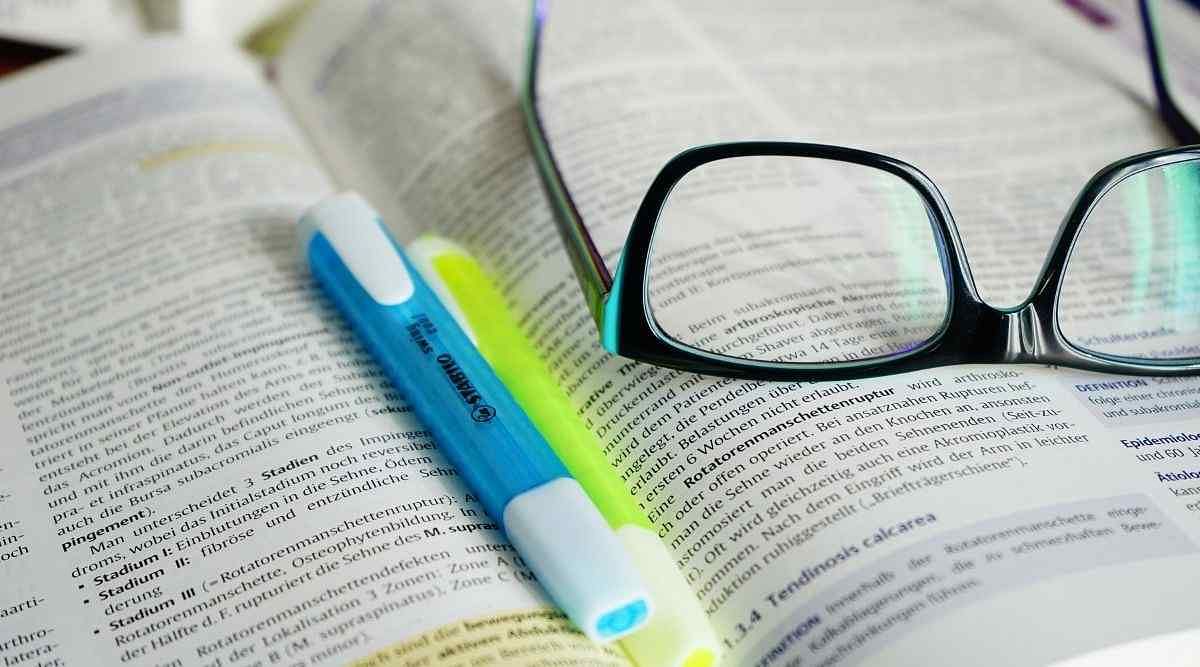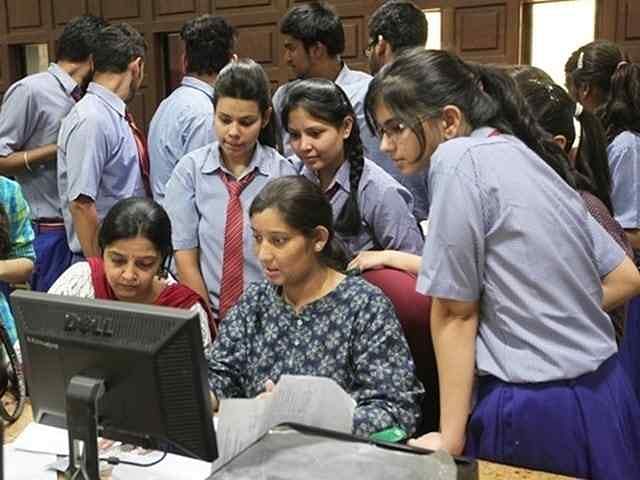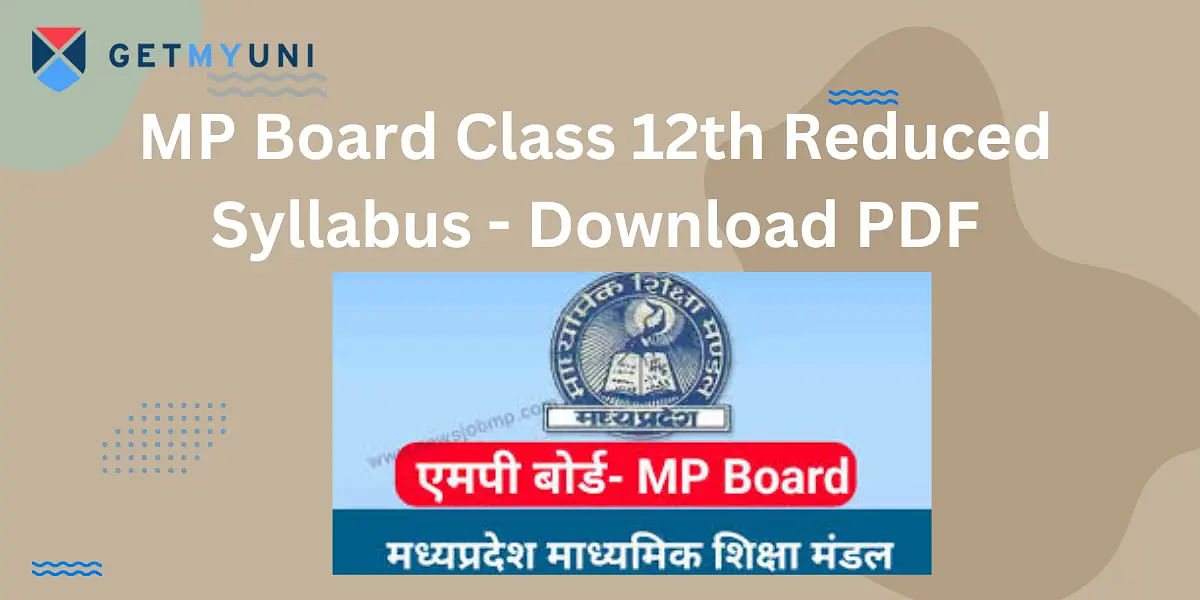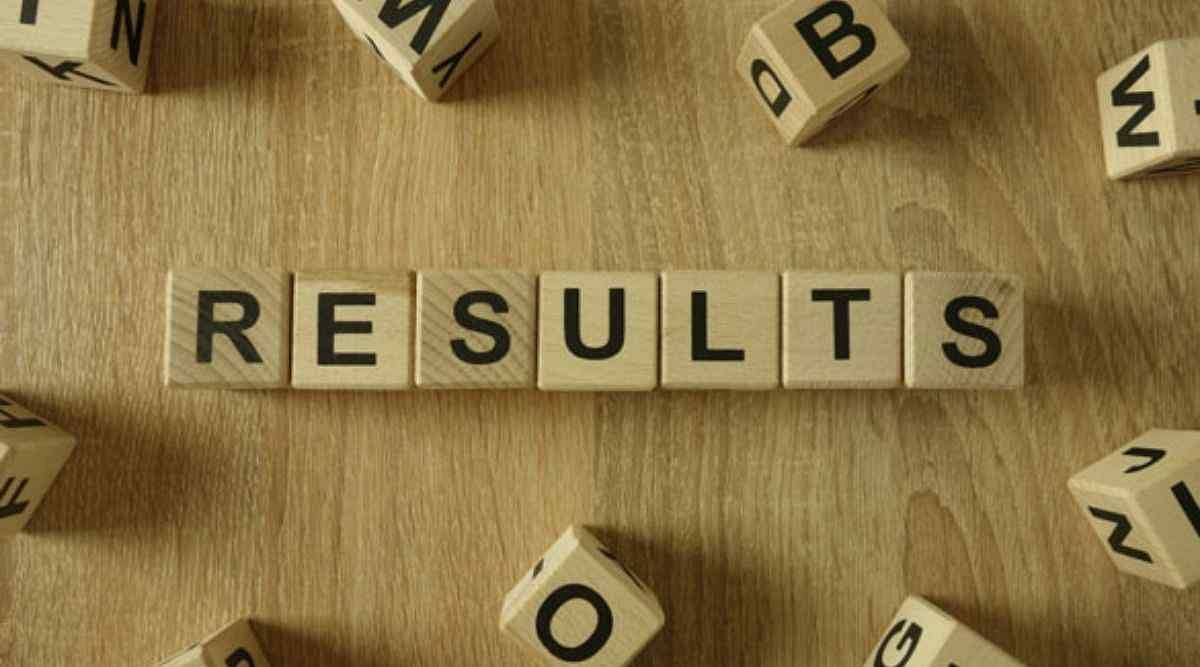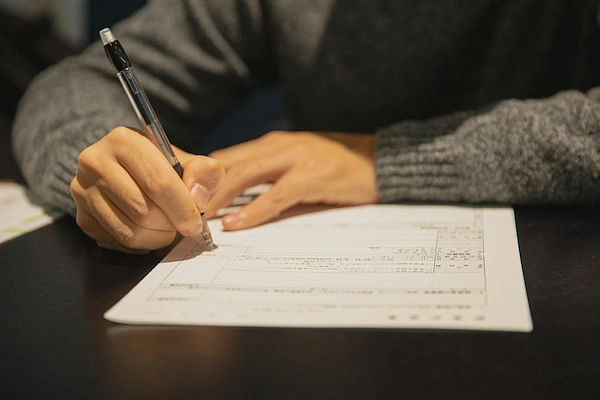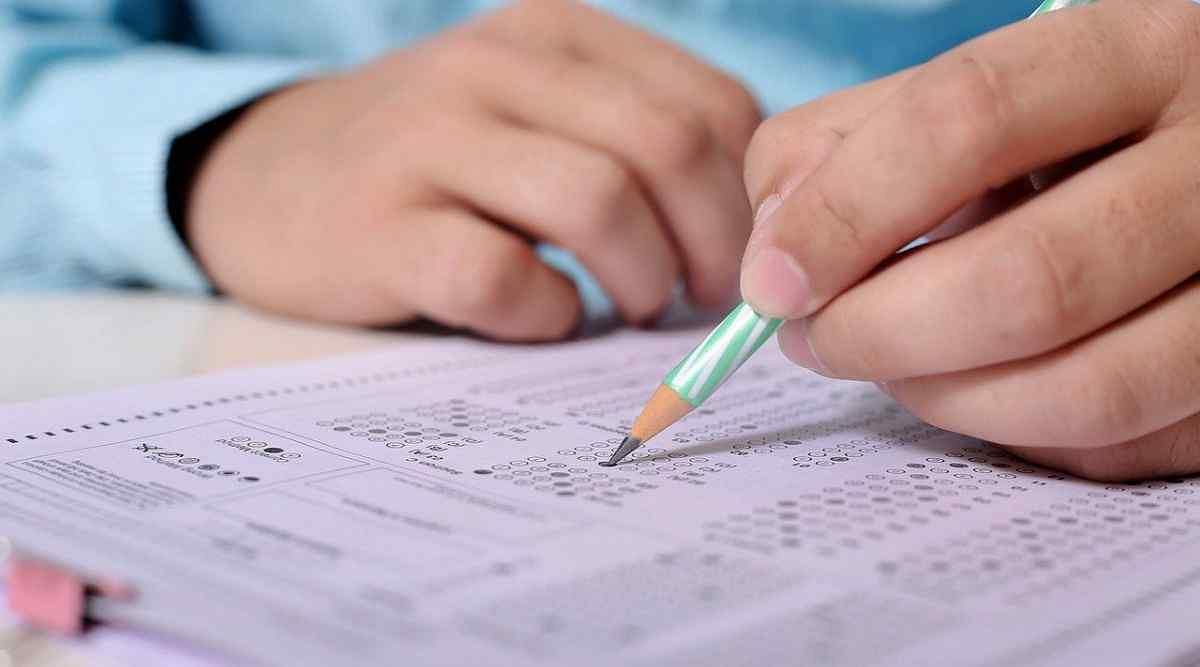Tackle the confusion on how many hours you should study for board exams by following these tips. Then, strategize your target and plan to revise the syllabus and top your class.
Time plays a major role in preparation. Everyone has the same 24 hours in a day, meaning it’s not about how much time you have but how well you manage and how many hours you study for boards exams. Managing time is the key factor that results in effective performance. It is often believed that studying 6-8 hours a day is effective.
The exam season is a race against time. Students have to prepare, revise, practice, and solve sample papers, for which time always seems to be insufficient. No matter how early the students must have started their preparation, the exam fear and anxiety always leave behind a doubt of insufficient preparation. Finding the perfect study strategy that works for you can be difficult. Many students pull all-nighters accompanied by gallons of coffee to get their study sessions in. We all know, however, that this is never the ideal technique.
Suppose you have all of your notes and other materials like important and previous year question papers and the reference books needed for the board exam. Instead of gathering notes at the end of the year, spend the final three months reading or practicing them. The last three months are judgment months, and students who have been studying for the board exam since the beginning of 12th grade make excellent use of this time, achieving a 90+ percentile in board exams.
Quality Over Quantity
Students tend to believe that studying more hours in a day would yield better results. This is a misconception and is not true. Studying 6-8 hours in a day with effective learning is a result yielding factor than more number of hours:
- Study smaller quantities of the syllabus in a day
- Do not hurry over the syllabus.
- Sandwich a difficult subject between two subjects
Plan Ahead
Planning a timetable for studying will strengthen the preparation. Students can:
-
Sleep early - Do not stay up late; this can damage focus and affect overall health.
-
Wake up early - Early mornings are considered the best time for preparation, as mornings are peaceful and our minds are fresh.
-
Eat well - Food intake can indirectly affect our performance. Hence, eating healthy food and avoiding foods that make you feel lethargic is important.
-
Plan study time - Set a time to study, include breaks between the study times, and strictly adhere to it.
-
Take a break - Try to get some fresh air, go for a walk or squeeze in a quick workout. Keep the mind and body active and fresh.
Set Targets
Students can set daily targets while studying. This will improve the efficiency of preparation. Setting targets does not give any scope in wasting time, drawing the focus and attention to achieving the target. Students can:
-
Divide the syllabus into core and theoretical parts. The core involves formulas, practicals, principles, while the theoretical involves concepts, examples. This will help in planning the schedule better.
-
Refer to the previous question papers, which will help identify the pattern and questions being asked. Practice as much as possible with sample question papers, and try to complete them in three hours while carrying a clock by you.
Be Familiar with the Syllabus
Students should be familiar with the exam syllabus and paper pattern. This helps the students to plan their study schedule better. They can:
-
Access to which subject requires more time and practice. Now that you've figured out the difficulties you are facing with any particular subject, you can work on it. Example: mathematics, physics & chemistry.
-
Focus on the subjects you are weak at and try to allocate more time to those subjects. Practice makes a human perfect. As humans, we know that we all strive for perfection, but we have to train and practice to get there.
Smart Use of Gadgets
Gadgets can often be a distraction but used rightly can be of various benefits too. Students can take the help of gadgets to check on time and targets. Ways in which gadgets must be used are:
-
Using alarm clocks is one way to keep track of your time on your studies and other activities.
-
Setting countdown timers are especially helpful for setting targets for completing sample question papers.
-
Apps to keep a check on targets. When you have completed or achieved a target, you can mark it as done and move on to the next one.
Use Proven Strategies
Note-taking can save time and be a good reference in the rush hour. There are two scientifically proven methods of note-taking that work the best-SQ5R and Cornell Notes.
- SQ5R is short for Survey, Questions, Read, Record, Recite, Review and Reflect.
- Cornell Notes is an effective three-column configuration of taking notes.
Revise Thoroughly
Revise the chapters that you have recently learned thoroughly. Make it a point to revise within 24 hours of studying, in the evening, and when you wake up the next day. It will help you in memorizing and recalling the subject better. Each rewrite should be 100 percent accurate, and no issue should be overlooked. Of course, it would be wonderful if you could do it 5 to 6 times. And it's not inconceivable if the students stick to a rigorous schedule and make sure to follow these steps and tips to top in your board exams.

